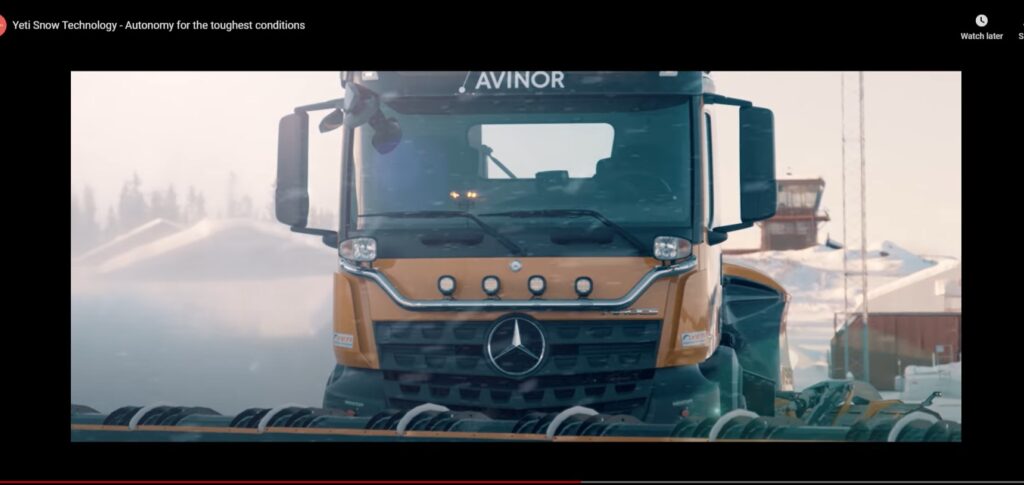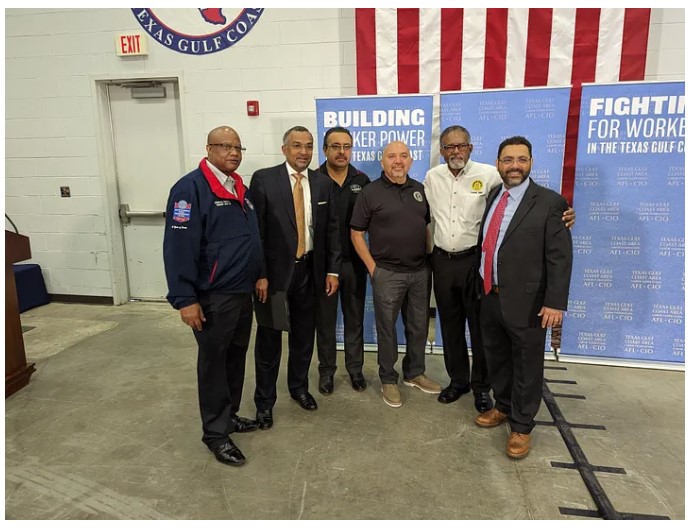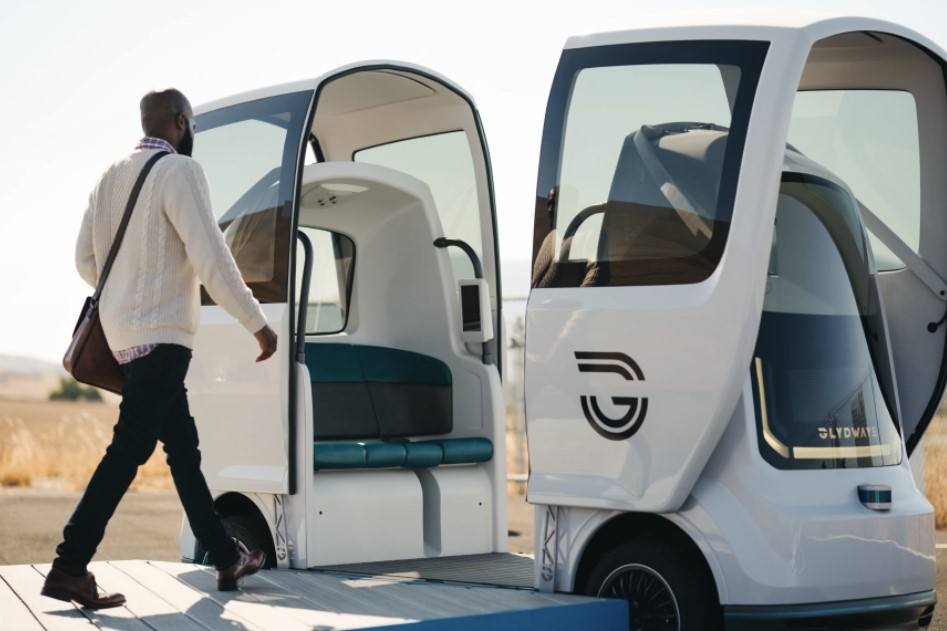If you see or hear about new technologies or services, please send us an email, TransportationTech@twu.org
Memo to Transit Agencies: Carnegie Mellon Bus Automation Research Throws Cold Water on Driverless Transit
City and state transportation officials are experimenting with unproven autonomous transportation systems – from robo taxis and driverless buses and shuttles to various configurations of flying taxis in the future. Too many of the developers attempting to sell their robotic inventions are openly claiming human operators won’t be needed. That’s dangerous and ignores authoritative research by Carnegie Mellon University (CMU) and its Traffic21 Institute that throws cold water on the idea of running automated transit buses and vans without human operators on-board.
The team of unbiased researchers from one of the world’s premier technology and innovation research university are telling public transportation system to proceed with caution. They write: “…transit operations require supporting passengers and maintaining safety inside the vehicle. Due to both technical and operational challenges, transit vehicles including buses and vans will be highly likely to continue to require skilled human operators, even as automated vehicle capabilities are incorporated.”
Video: Autonomous Snow Plows Without Drivers Pushing into Airports?
TWU Leading National Effort to Train Transit Mechanics for Transition to Zero Emission Buses
With zero-emission buses on their way at Houston Metro, TWU Local 260 has secured $1.2 million in federal funding – in partnership with the Texas Gulf Coast Area Labor Federation and the transit agency – to properly train TWU-represented mechanics for this rapidly emerging transition. This funding was approved by the Biden administration which is committed to advancing programs that prepare union mechanics in the transit industry for this new technology.
The Houston project is part of the TWU’s national strategy to ensure mechanics and operators are the first to benefit from a transition to zero-emission bus fleets. Emerging bus technology should require comprehensive training for workers, the highest standards for personal protective equipment, and negotiated implementation agreements for new equipment. The TWU is advancing these requirements both through legal changes, like those contained in the Bipartisan Infrastructure Law, and independently, with projects like Houston’s training center.
French TGV-M State of Art Passenger Train Unveiling in 2024
The French will unveil the next generation, 220 mph TGV-M (“modern and modular”) train next year that will boast a “97% recyclable structure,” 20% in energy savings, new maintenance automation systems, a 30% cut in maintenance costs, digitized operator’s cab interfaces, zero-waste by 2030, and increased passenger capacity by more than 100 seats.
The train will also have what its maker, Alstom, calls “unprecedented modularity” allowing easy adjustment in the number of cars based on market needs and reconfiguration of the interior to meet customer demand. Maintenance operations will have new automation capacity as Alstom also says automated maintenance benches will be installed that “can check several parts of a train in a few seconds.”
San Jose City Officials Approve Plan for Driverless Shuttle Pods
San Jose city leaders are greenlighting plans to build an estimated $500 million to $1 billion driverless shuttle system that would ferry passengers between the airport and a downtown transit hub, Diridon Station – a 3.5-mile segment.
These autonomous shuttles are planned as 4-seaters that would travel at 31 mph on a right-of-way separated from traffic that developers of this plan claim will reduce a 30 plus minute ride to 6-8 minutes. One critic pointed out that for a fraction of the cost, the city could run express transit buses. A public-private partnership would fund the project with the city taking on some of the costs and a Canadian-based pension fund-operated investment group, Plenary, fronting a portion. At a time when all transit systems face significant financial shortfalls as federal COVID relief funds evaporate, this plan would tap into a ½ cent sales tax transit measures passed by voters.
WHAT WE’RE READING
Ford Launches Britain’s First Hands-Free Car Telegraph
How the airline industry is using AI to improve the entire experience of flying Fortune
US Air Force Investing in eVTOL air taxi tech Axios
Senate Leader Schumer lays groundwork for Congress to regulate Artificial Intelligence Axios



